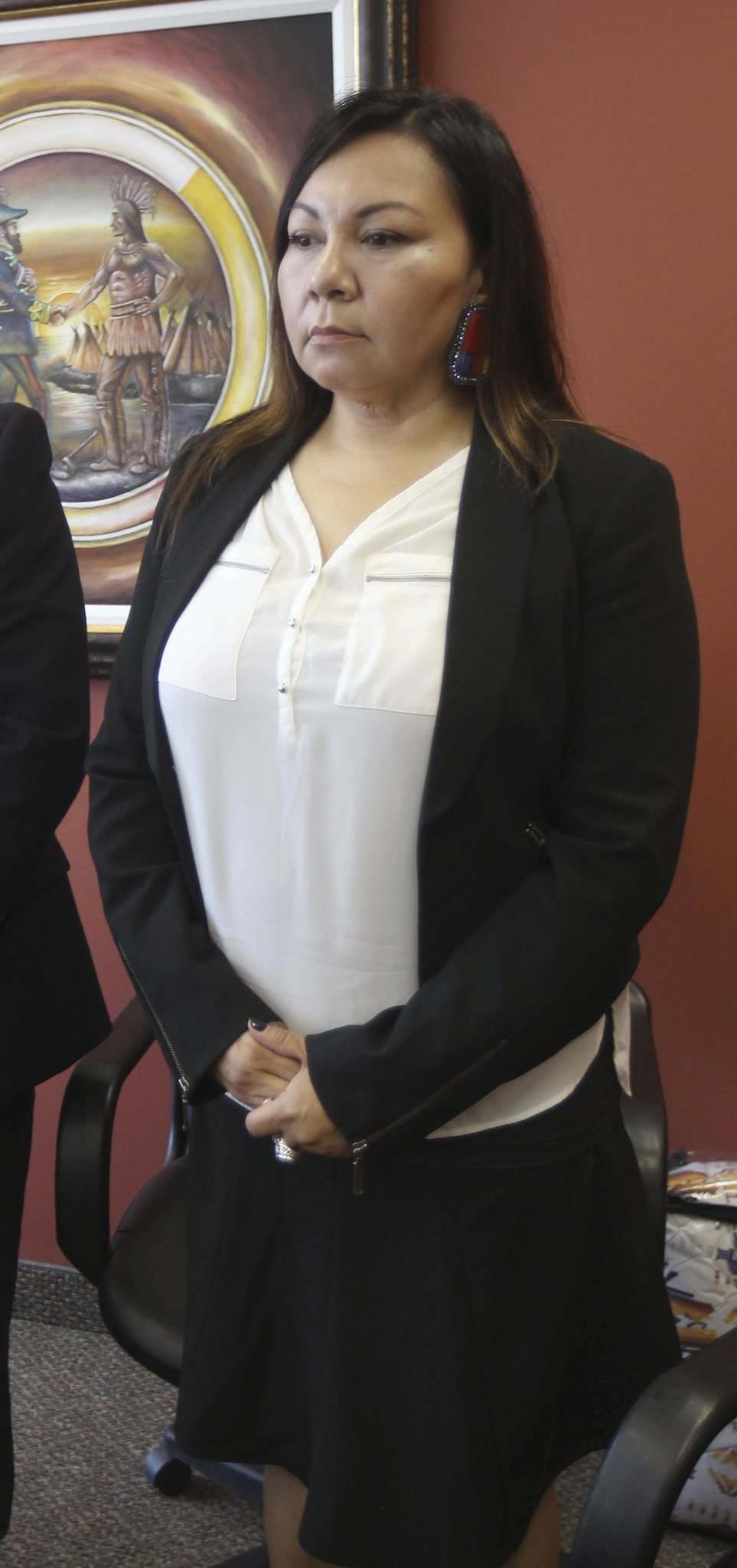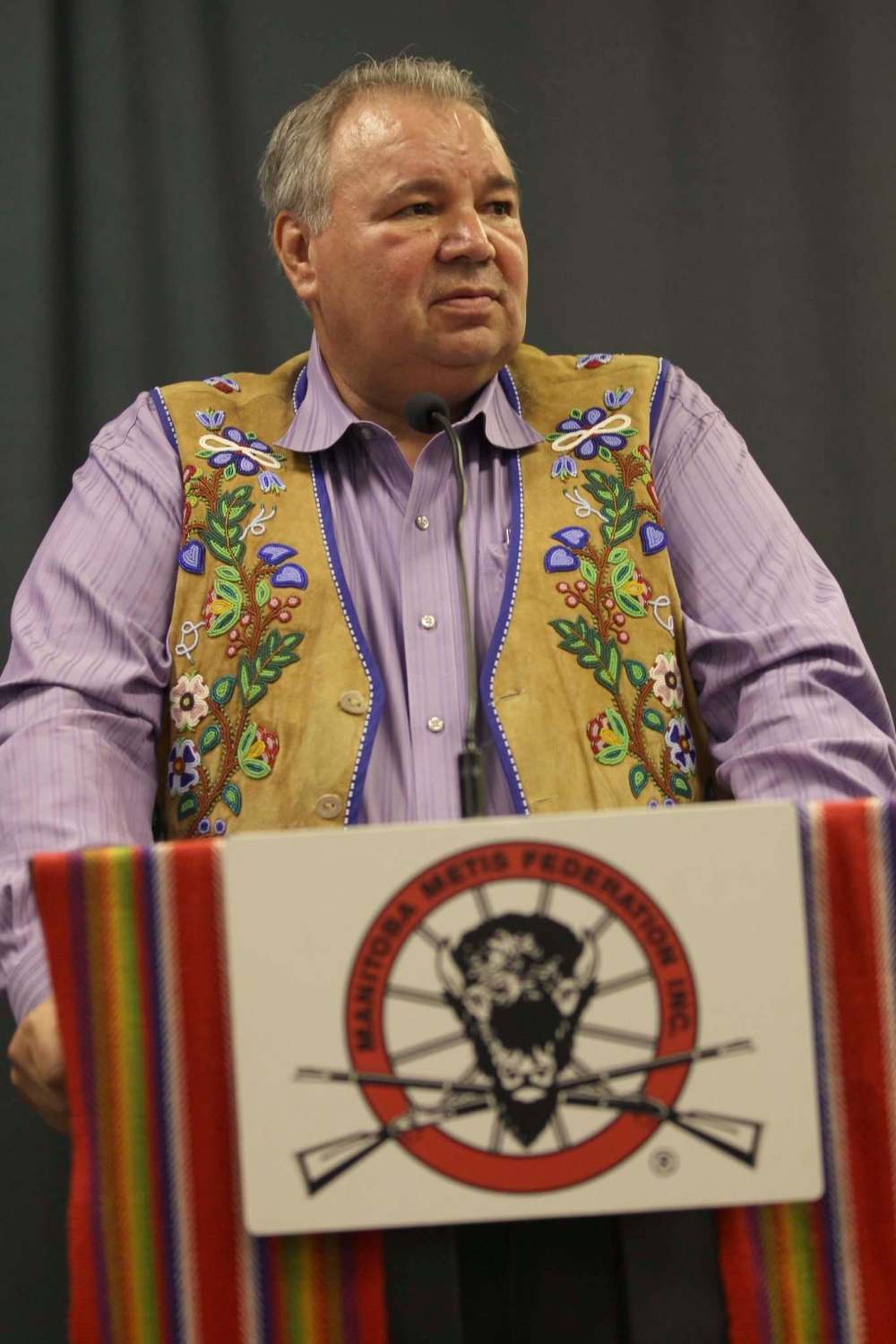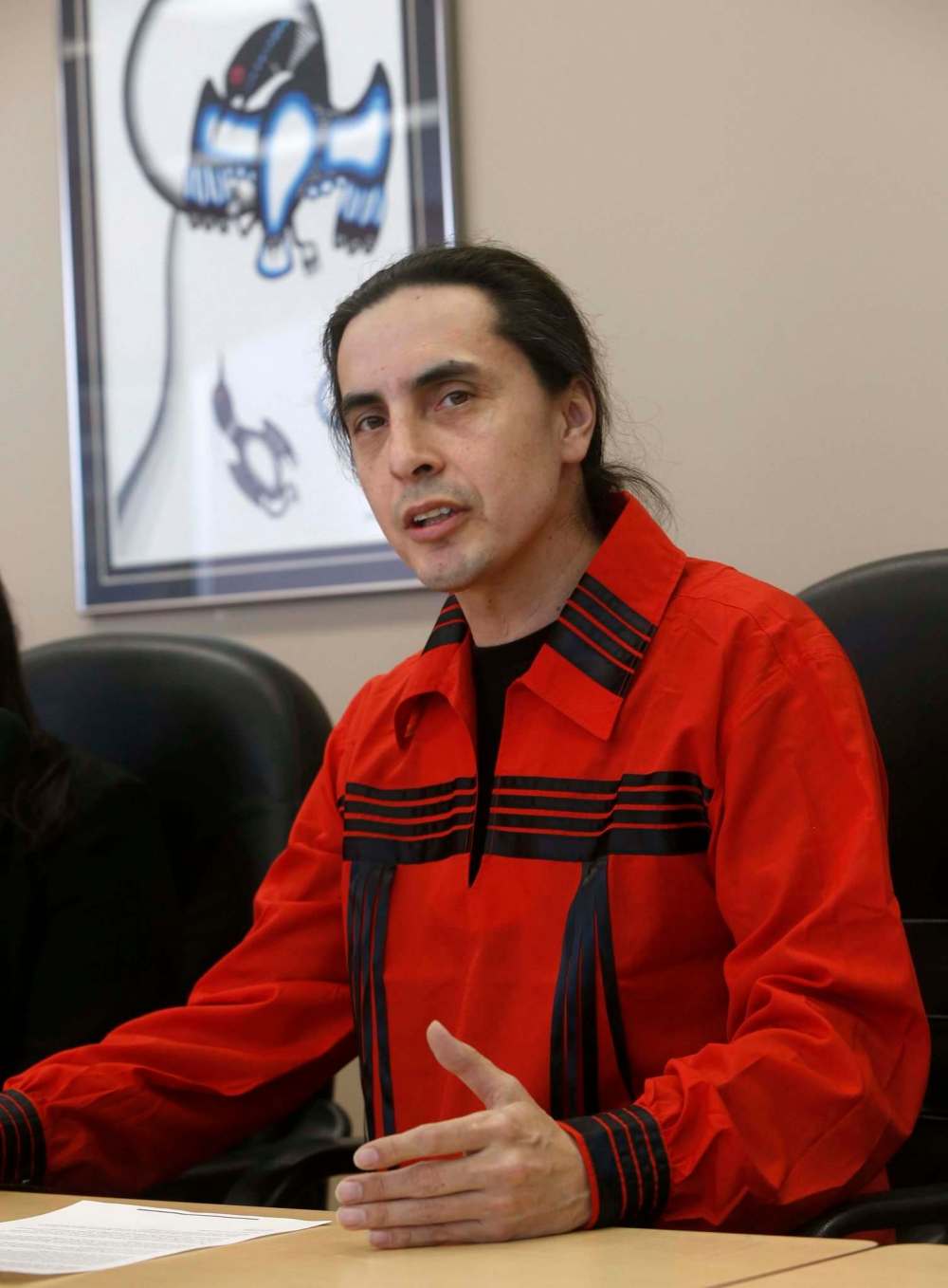Trudeau promise to bolster Indigenous rights gets mixed reception
Advertisement
Read this article for free:
or
Already have an account? Log in here »
To continue reading, please subscribe:
Monthly Digital Subscription
$0 for the first 4 weeks*
- Enjoy unlimited reading on winnipegfreepress.com
- Read the E-Edition, our digital replica newspaper
- Access News Break, our award-winning app
- Play interactive puzzles
*No charge for 4 weeks then price increases to the regular rate of $19.00 plus GST every four weeks. Offer available to new and qualified returning subscribers only. Cancel any time.
Monthly Digital Subscription
$4.75/week*
- Enjoy unlimited reading on winnipegfreepress.com
- Read the E-Edition, our digital replica newspaper
- Access News Break, our award-winning app
- Play interactive puzzles
*Billed as $19 plus GST every four weeks. Cancel any time.
To continue reading, please subscribe:
Add Free Press access to your Brandon Sun subscription for only an additional
$1 for the first 4 weeks*
*Your next subscription payment will increase by $1.00 and you will be charged $16.99 plus GST for four weeks. After four weeks, your payment will increase to $23.99 plus GST every four weeks.
Read unlimited articles for free today:
or
Already have an account? Log in here »
Hey there, time traveller!
This article was published 15/02/2018 (2823 days ago), so information in it may no longer be current.
OTTAWA — Prime Minister Justin Trudeau’s Wednesday announcement of a historic framework to define and bolster Indigenous rights is getting lukewarm reception from Indigenous leaders, with Métis enthusiasm and First Nations grand chiefs expressing dismay.
“We need to both recognize and implement Indigenous rights,” Trudeau had told the House of Commons. “Because the truth is, until we get this part right, we won’t have lasting success on the concrete outcomes that we know mean so much to people.”
His comments surrounded enacting section 35 of the 1982 Charter of Rights and Freedoms, which he said means that Ottawa won’t have a messy process of re-opening the constitution, but simply needs to follow the letter of the law.

The prime minister said the new approach, to be developed in consultations with First Nations, Métis and Inuit, is needed to tackle the many challenges facing their communities — including overcrowded housing, unsafe drinking water and high rates of suicide among Indigenous youth.
David Chartrand, president of the Manitoba Metis Federation, praised Trudeau’s promise. He noted that Métis, First Nations and Inuit leaders are often sidelined in federal decisions, with the province often steering legislation.
“I think he’s in the right pathway, and I think Canadians will really see the benefits for the years to come,” Chartrand said in a Thursday interview.
“Our governments are already existing; it’s now the transformation that needs to take place, where they begin to respect us as governments — not organizations or programs. That’s where the paternalism ends.”
His optimism came in sharp contrast to the responses from First Nations leaders.
Grand Chief Arlen Dumas of the Assembly of Manitoba Chiefs said he appreciated Trudeau’s “good words” but feared that yet another consultation would lead to the same recommendations raised by previous commissions and inquiries.

In fact, the AMC had summarized recommendations from reports like the Royal Commission on Aboriginal Peoples and the Manitoba Aboriginal Justice Inquiry, in the hopes of avoiding delays caused by more studies.
“We need a government that will not impose any more of their ideas, but will support First Nations to direct our own futures,” Dumas wrote in a statement. “We must ensure that our rights are protected from further erosion in any process going forward.”
Grand Chief Sheila North of the Manitoba Keewatinowi Okimakanak was much more critical, declaring herself “unimpressed” with the announcement, which she feared aimed at getting First Nations to resemble subservient municipalities.
“Asking First Nations to commit to working with Canada is not an action plan. Decision making is key, commitment is key and that word “partnership,” it must be a real partnership,” she wrote in a Wednesday statement.
North, who represents First Nations in the province’s north, noted that the federal Liberals have had two years to follow through with pledges to implement the findings of the Truth and Reconciliation Commission on residential schools and the United Nation Declaration on the Rights of Indigenous Peoples.
She said multiple reports have suggested that Canada’s judicial system recognize Indigenous laws, and fix the financial and bureaucratic barriers to implementing existing treaties.

“Canada’s laws have made the mess that we see today,” North wrote. “We will not have the treaties domesticated using the language of reconciliation and self-determination.”
But Chartrand lauded Wednesday’s annoucement.
He said Manitoba Métis people recently struggled to lock down provincial or federal funding to study fishing issues, because bureaucrats didn’t see the value in a traditional occupation that still feeds multiple communities. He said the MMF supports those initiatives, because Métis people “know what’s best for them.”
Chartrand also said giving more autonomy to Indigenous governments will mean transparency from within First Nation and Métis communities, and a better public perception externally.
“We, too, have to show our money is being well-spent,” he said. “It’s going to be a two-way street where Indigenous governments will be held accountable for the decisions they make, instead of a bureaucrat making that decision.”

With files from The Canadian Press
dylan.robertson@freepress.mb.ca

